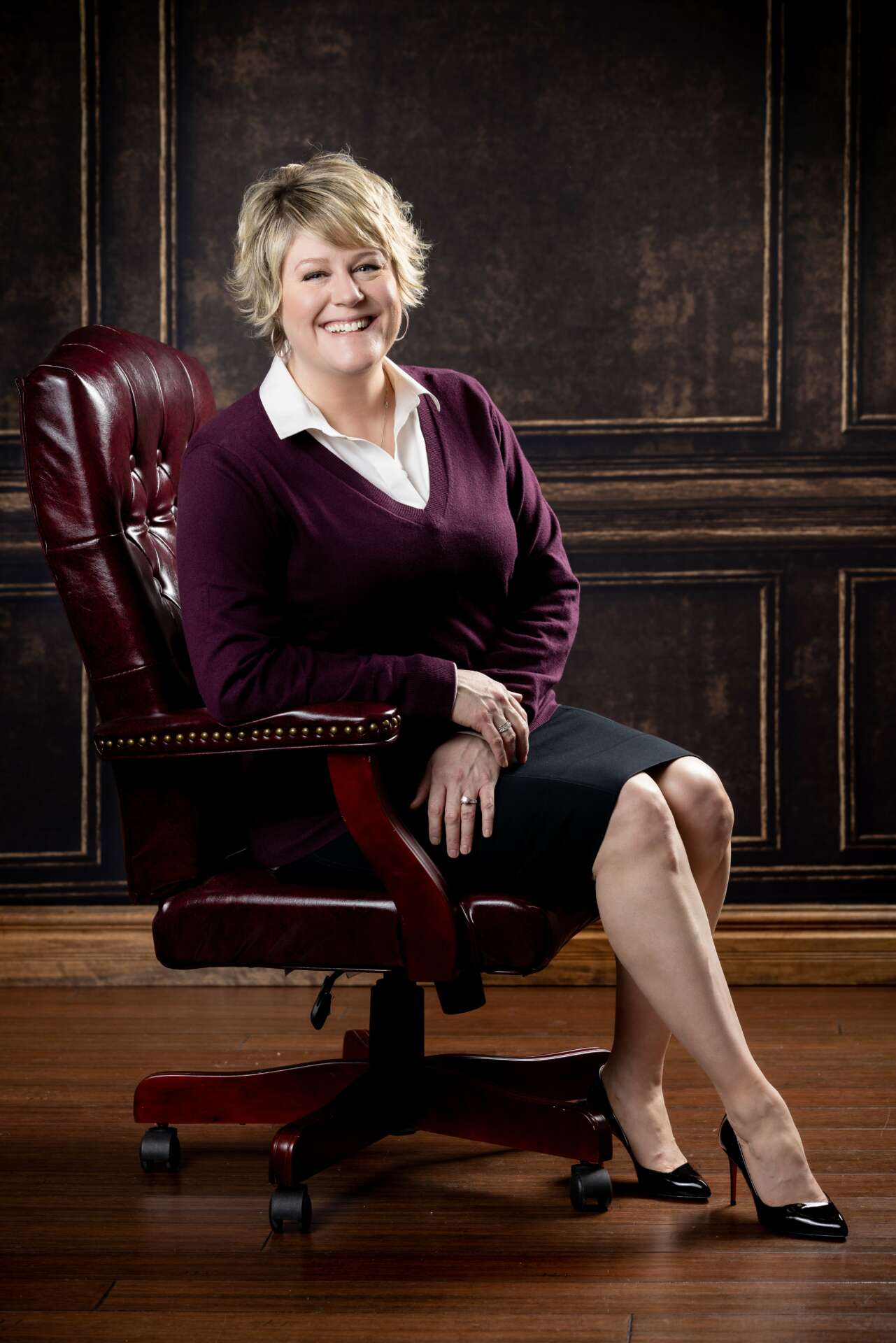We were lucky to catch up with Blyss Cruz recently and have shared our conversation below.
Blyss, appreciate you joining us today. When you were first starting out, did you join a firm or start your own?
I became an attorney later in life, graduating from law school at the age of 40, after having a 22-year career in government and finance. After graduating, I started my career as an attorney by working as a law clerk for a judge in criminal court. I believed it was the best way to prepare for the work I had always intended to do, which was being the best prosecutor I could be. Imagine my surprise when, less than two weeks into my year-long commitment, I realized that I was not cut out to work in the criminal field! I still learned a tremendous amount during the rest of my clerkship and really enjoyed the time I spent in chambers, but I knew I needed to pursue another path. So, I secured a second clerkship, this time in civil court. Again, I enjoyed the people I worked with, but found that I didn’t love the work itself. As the weeks ticked by toward the end of my law clerk commitment, I couldn’t find a job that interested me enough to apply. In a dilemma, I even began to look for jobs as a non-practicing attorney! Thankfully, my husband knew that the right opportunity was out there and encouraged me to keep looking. The first time he floated the idea of me opening my own practice, I completely waved him off. But as the prospect started to set in, the more it seemed like an actual possibility.
So, after lots of soul searching, I discovered that estate planning was the right path for me to incorporate my previous career and my new law career. Nevertheless, I was still reluctant to start my own firm. I remember one conversation in particular with my husband in which I was fearfully telling him that I didn’t know if anyone would hire me because I was a brand new attorney and they probably wouldn’t trust that I knew what I was doing. He reminded me that people had come to me for advice and help before becoming an attorney, so why in the world wouldn’t people trust me even more after having earned my law degree? After many more conversations like that, I made the scary (yet exciting) decision to embark on the journey of opening my own law practice. That was over 2 1/2 years ago, and I’ve never been happier with that decision. In fact, I’ve grown so fast that I’m currently moving into a bigger office space because I’m hiring, and my current space can no longer hold all of us!
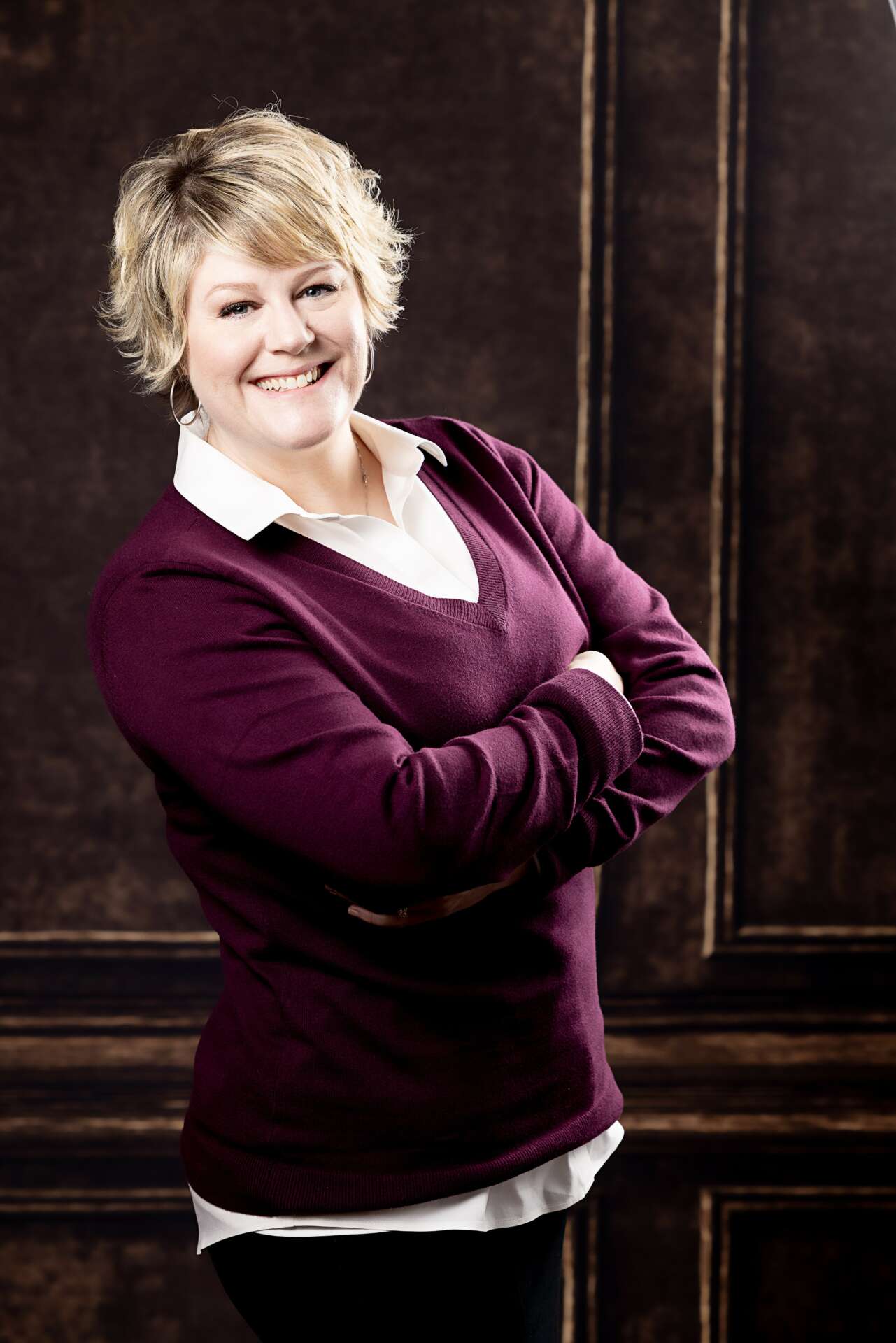
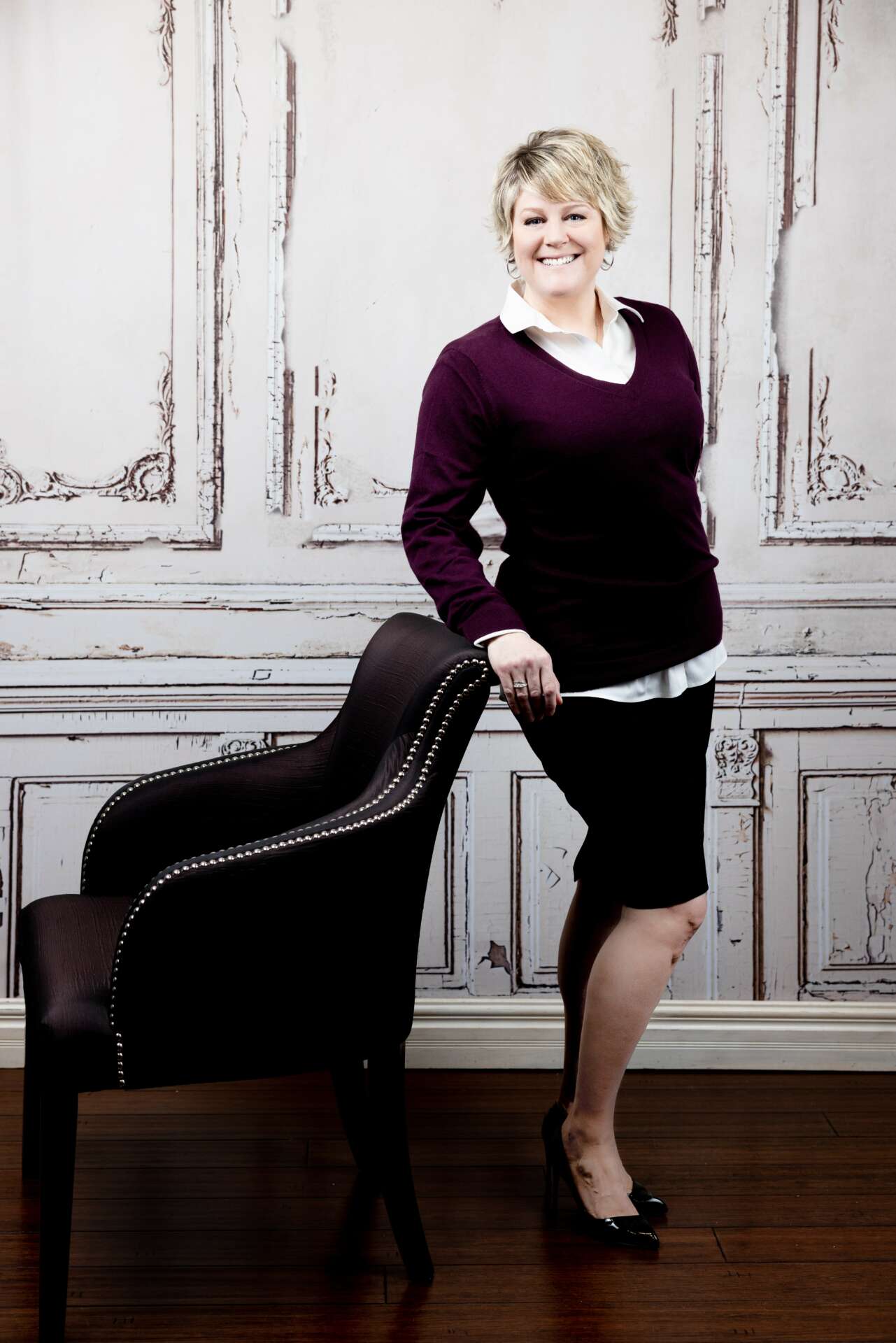
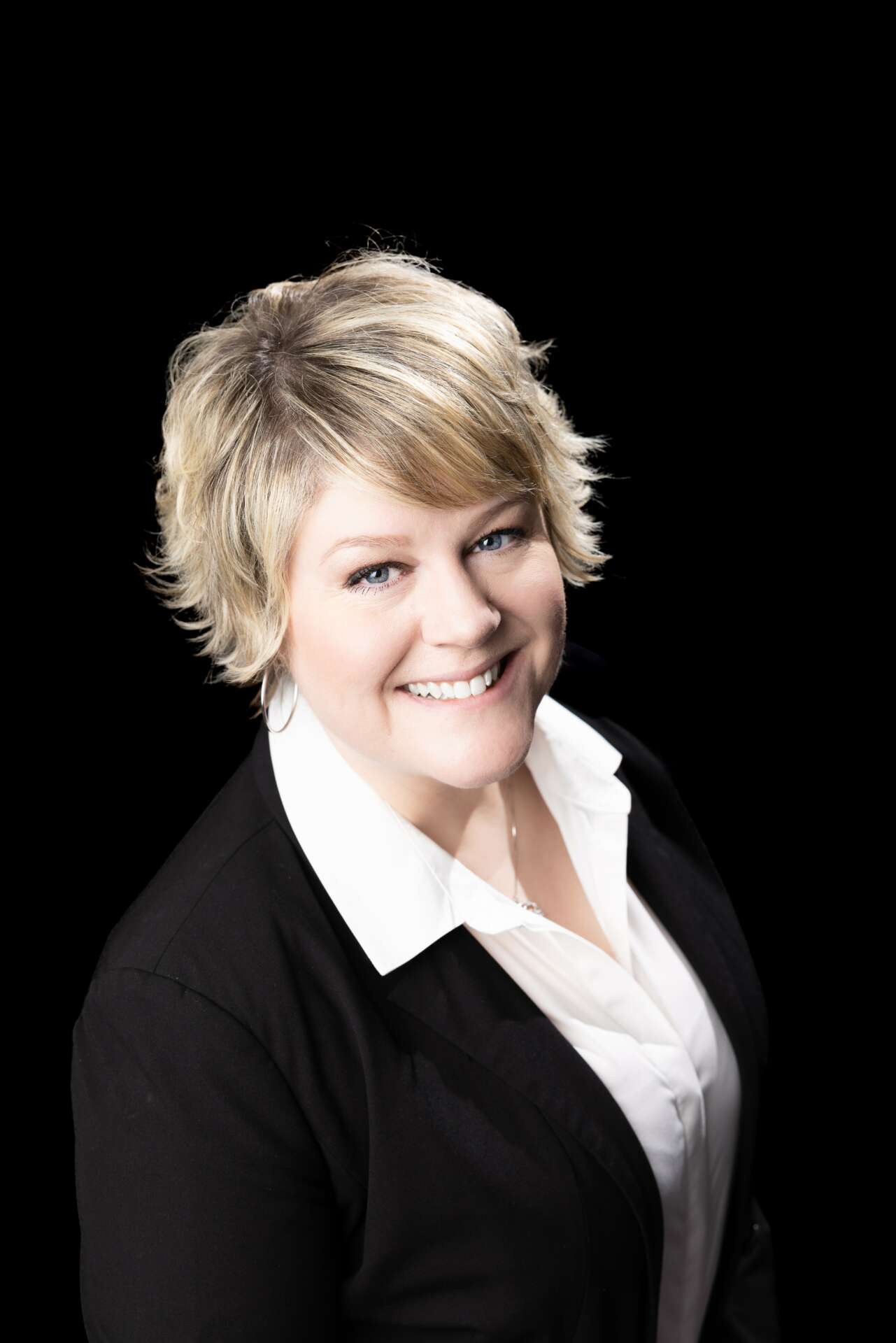
Blyss, love having you share your insights with us. Before we ask you more questions, maybe you can take a moment to introduce yourself to our readers who might have missed our earlier conversations?
As the owner of Cruz Law, my estate planning practice focuses on helping families stay out of court and out of conflict in the event of incapacity or death.
I can’t emphasize the importance of proper planning enough, and how you need the right person to guide you through the often-confusing maze of financial and legal decisions to create an estate plan that ensures the well-being of your family and the accomplishment of cherished family goals.
I have lived in Alaska nearly all of my life, and I have spent the last 17 years in Anchorage. During that time, I worked in special credits dealing with troubled loans and bank-owned properties at Northrim Bank while earning my MBA and raising two children with my husband. After leaving the banking industry, I went to work for nearly ten years at the Municipality of Anchorage as the manager of tax enforcement and delinquent court-ordered fine collection. During my time at the Municipality, my staff and I implemented two new tax programs: the Marijuana Retail Sales Tax and the Motor Fuel Excise Tax, which generate nearly $20 million in annual Municipal revenue.
But going to law school had always been my dream. So, when I discovered Mitchell Hamline School of Law in St. Paul, Minnesota, the first – and only – law school in the United States to offer an American Bar Association-approved Juris Doctor program with equal portions of instruction online and on campus, I decided to turn that dream into a reality. The hybrid program permitted me to continue living and working in Anchorage while completing my law degree.
Professionally, my background is well-suited for this practice area, as it is comprised of legal knowledge, as well as my 25 years of experience as a financial professional in banking and special credits, and a decade of public service in the Finance Department of the Municipality of Anchorage. I also understand the challenges involved with owning and operating a business, aside from my law practice, as I assist my husband with running a successful general contracting business here in Anchorage. I incorporate this knowledge into my law practice and use it to develop planning strategies for individuals and business owners, with a focus on family protection, wealth preservation, and values-based planning.
Personally, I have experienced the harsh reality of what incapacity and death are like when even basic foundational planning isn’t in place. My father passed away in 2021, after spending nearly two weeks in the ICU. It was unexpected and I didn’t have time to say all of the things I wished I had said, and I’m sure he didn’t either. We had never had the tough discussions about end-of-life planning, and so I watched my mom make one heart-wrenching decision after another because he did not have a healthcare directive in place. The experience solidified my decision to pursue this practice area, knowing that if I could help even one family avoid what mine went through, I would be using my hard-earned law degree for the greater good.
Since making the decision to open my own law practice that focuses on estate planning, I have thrown myself into learning everything I can about wills, trusts, and estate plans, which is a practice area that I hadn’t really thought much about since my Trusts & Estates class in law school and the studying I did in the subject area for the Bar Exam. Since delving into extensive training, I have drafted my family’s plan–which did not exist until I started down this career path, and I have such peace of mind knowing that I’m doing the right thing for my loved ones and that my goals and wishes will be carried out when I’m no longer here to do so myself.
I believe that foundational estate planning is something that everyone should have in place, and that wealth includes so much more than money or other assets. These beliefs form the basis of my legal practice, where I use my skills, education, and experience to help people plan for their lives and protect their legacies.
The foundation of Cruz Law is built on keeping your family out of court and out of conflict. We build relationships upon this foundation so that we can care for you and your family throughout all of life’s stages. With that in mind, each estate plan we create includes complimentary reviews every three-years to make sure that as your life changes, your plan stays current and provides you with maximum protection. So, when you hire Cruz Law to prepare your estate plan, it’s not just a transaction where we move on after the documents are signed. Instead, we create relationships for life.
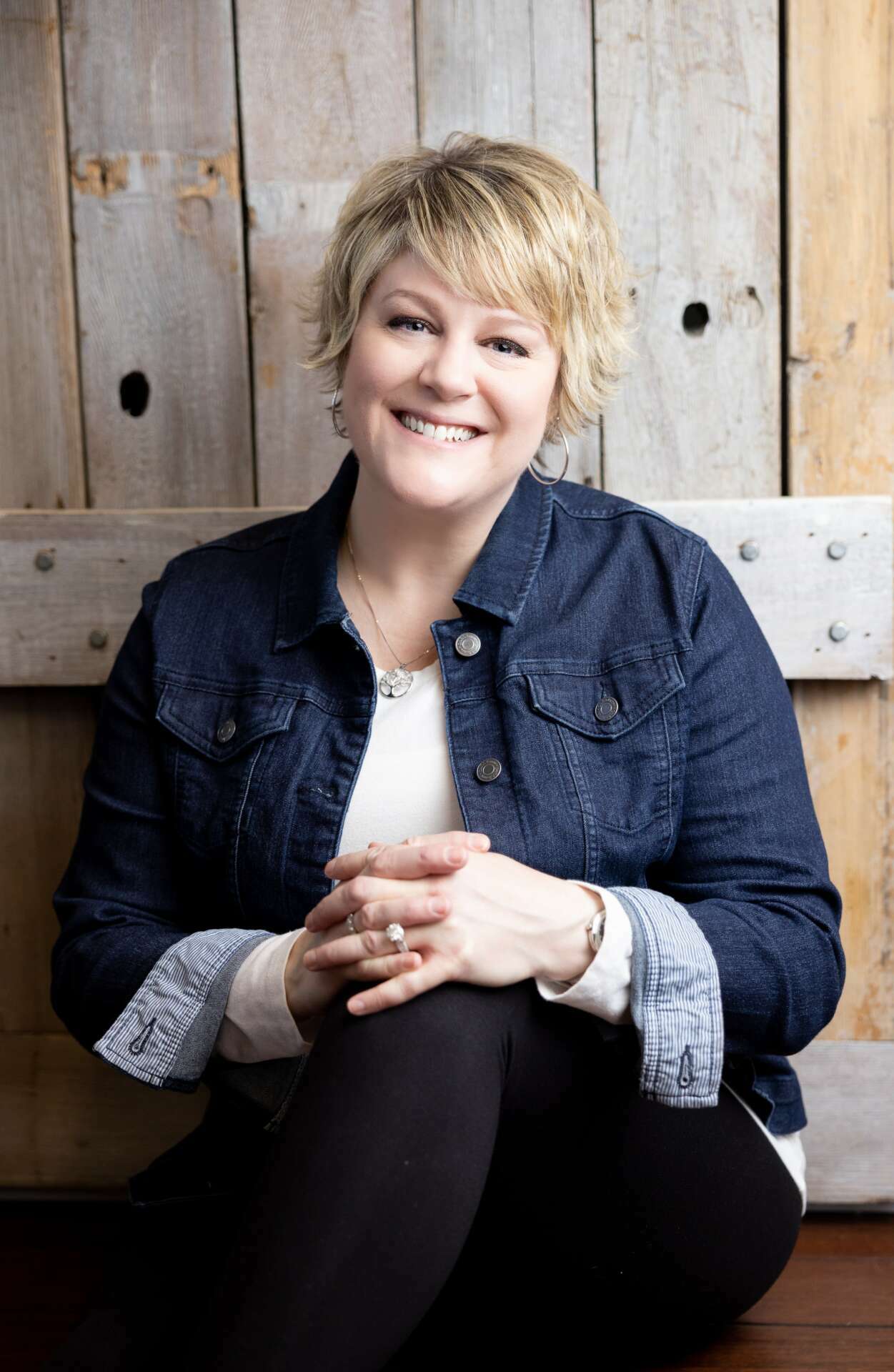
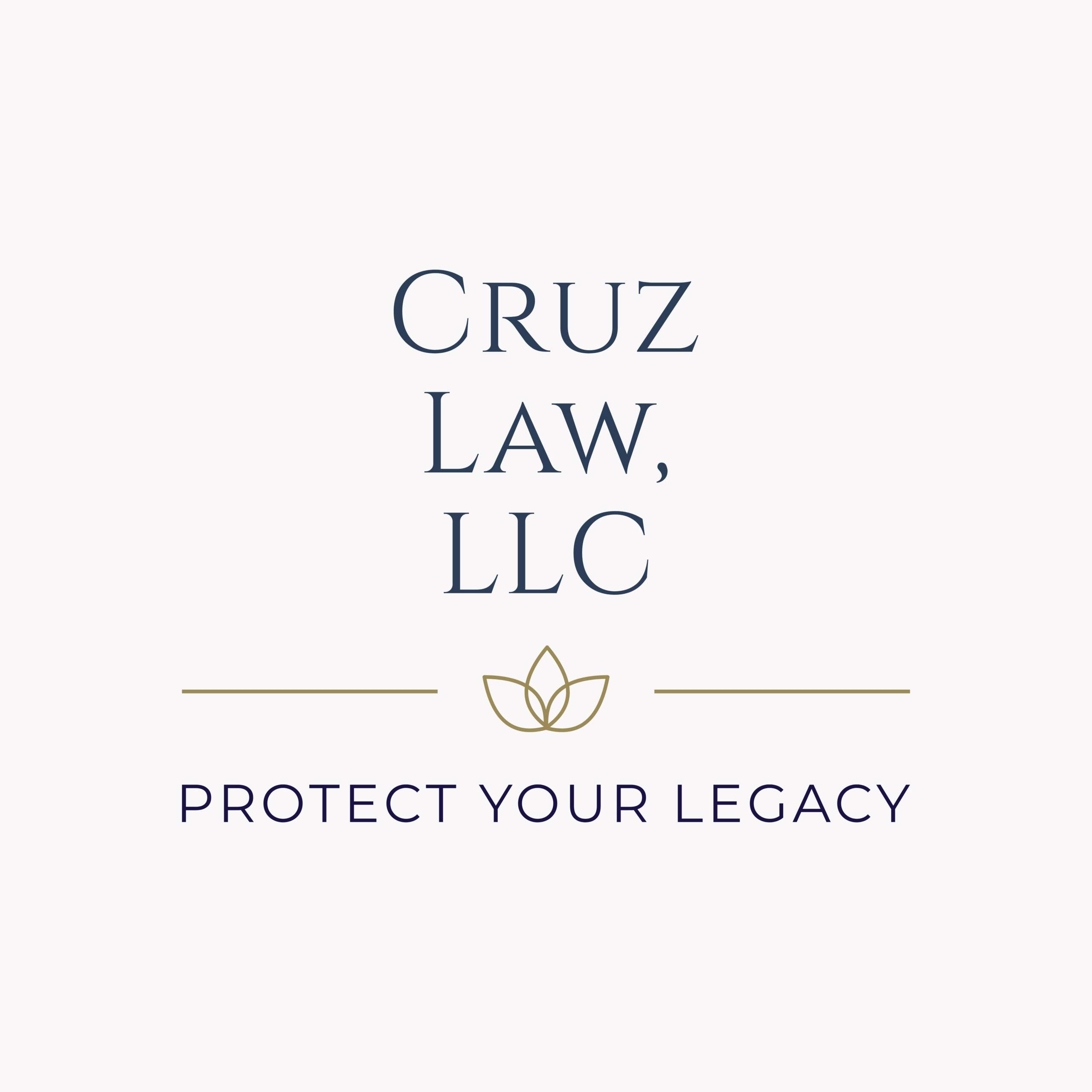
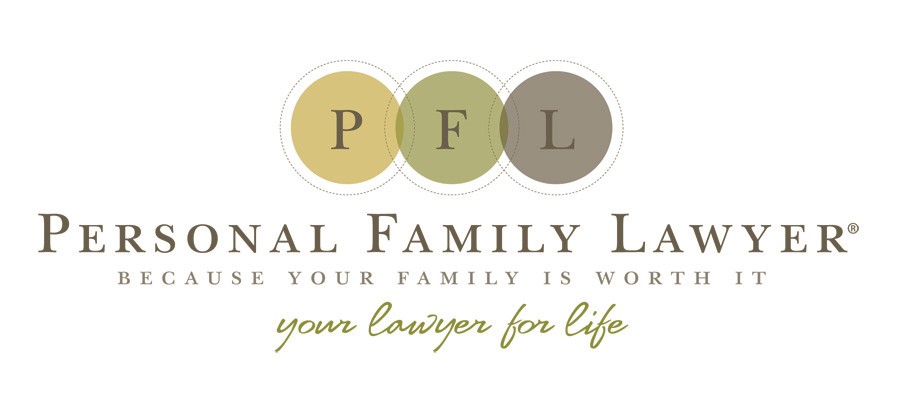
Any stories or insights that might help us understand how you’ve built such a strong reputation?
Living in Alaska is like living in one giant small town, despite it being the biggest state in the U.S. It’s a given that I’ll run into at least one person I know regardless of whether I’m in the middle of the state in Fairbanks, fishing on the Kenai River, visiting the gift shops in Talkeetna, or grocery shopping at Costco in Anchorage. Because of this small-town aspect of my community, I have been laser-focused on developing and maintaining a good reputation. As fast as good word of mouth can spread, bad word of mouth spreads even faster!
To help ensure a good reputation, I first developed internal processes to not only help with overall efficiency, but also to create a step-by-step path to follow for each client that included such things as communication touch points and various email follow-up sequences. Additionally, I implemented service standards for my firm, such as the maximum amount of time that can run before returning phone calls or emails, as well as a maximum number of client meetings that can be scheduled per month.
Other important things that have helped build my reputation are actively listening to clients, maintaining integrity, meeting deadlines, showing empathy in emotional situations, being knowledgeable, not being a gatekeeper of information, and genuinely caring about each and every one of my clients. Finally, it has proven helpful to consistently deliver results and to request that my clients share their experiences, primary through Google reviews.
Where do you think you get most of your clients from?
The best source of new clients, by a landslide, has been BNI. About two months after opening my law practice, I was asked to come to a BNI group as a visitor. I left that meeting with several referrals that turned into clients–and that was before I had even joined the group! That was in November of 2021, and I’ve been a member ever since. My 2023 analysis of referral sources revealed that BNI referrals comprised nearly 40% of my new clients.
Of note, a close second-best source of new clients is quickly becoming my existing clients. As I’ve grown, I’ve noticed that a group of friends or neighbors will end up hiring me to do their estate planning. Frequently I’m told that it’s because one of their other friends hired me and was happy with my services, so they told all of their friends about me. One by one, their friends have made their way onto my calendar.
Contact Info:
- Website: https://www.bcruzlaw.com/
- Instagram: @cruzlawllc
- Facebook: bcruzlaw
Image Credits
Heather Dunn, Ambience Photography


